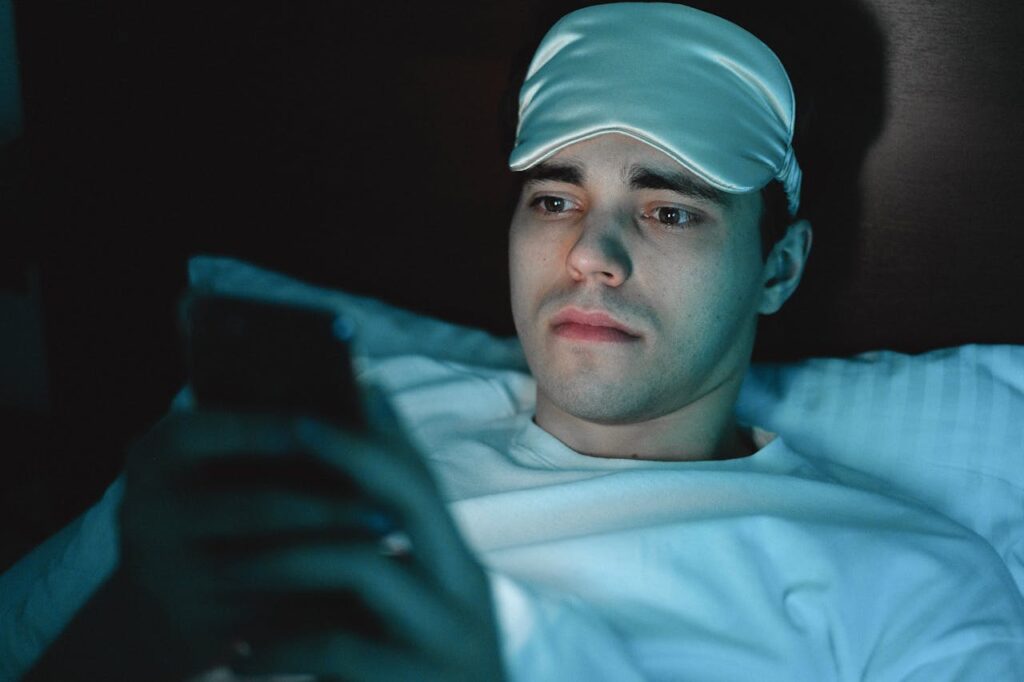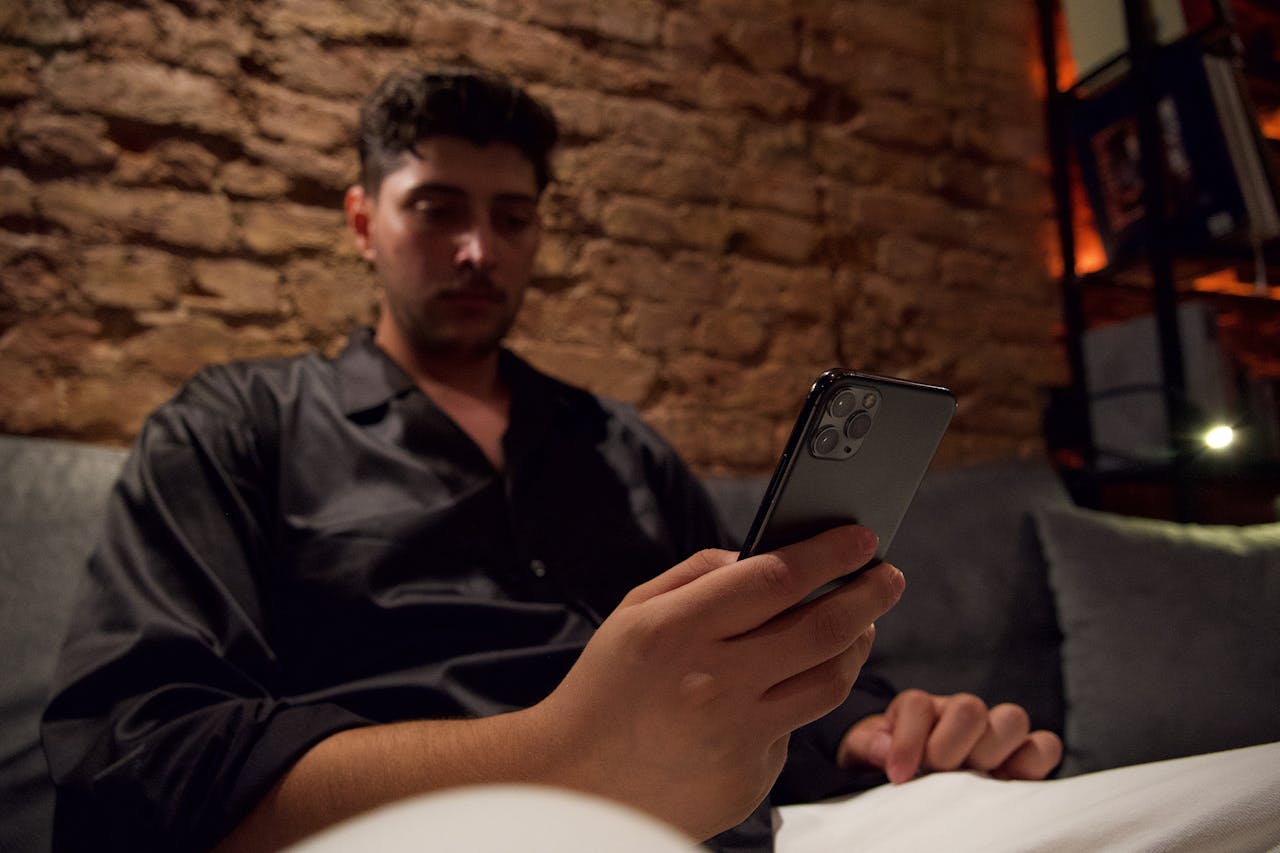Meeting with a Medicare provider for porn addiction can be a source of support and treatment. Both men and women contact me seeking help, either for themselves or their partners. Sometimes it is around use of pornography and sometimes for dating websites. Sometimes they seeking mental health treatment for pornography addiction . They are looking to access a Medicare rebate for psychology consultations. I’ll now explain how the Medicare rebate works and under what circumstances this and other forms of health insurance are available.
The Australian Government introduced the Better Access to Mental Health Care initiative to improve outcomes for people with a clinically-diagnosed mental disorder. As an AASW Mental Health Social Worker, I have been accredited as having specialist mental health expertise to provide this treatment. Selected psychiatrists, GPs, psychologists and occupational therapists work are also working in similar ways under the same programme.
Medicare has specific criteria used to determine who is eligible to receive these sessions. A doctor first needs to diagnose you as having a mental health disorder. Your GP will complete a ‘mental health treatment plan’ for you. You can then access up to 10 sessions of focussed psychological strategies (individual therapy sessions) per calendar year. You can meet in-person or online with myself or with another mental health professional*. All services use evidence-based treatment.
Can a Doctor Diagnose Me with Addiction to Pornography or Dating Websites?
Despite popular ideas about the existence of ‘porn addiction’, there is no such diagnosis of pornography addiction in the current International Classification of Mental and Behavioural Disorders (within the ICD-11). This is the manual Australian medical practitioners and the British NHS* use to determine their diagnoses.
The World Health Organization’s ICD-11 considers ‘pornography addiction’ under the broader category of Compulsive Sexual Behaviour Disorder (CSBD) (code 6C72). While CSBD is recognized in the ICD-11, it’s classified as an impulse control disorder, not an addiction. The ICD-11 considers CSBD to be a persistent pattern of failure to control intense, repetitive sexual impulses or urges, leading to repetitive sexual behavior. This can manifest in various ways, including problematic pornography use.
There is also no diagnosis of ‘pornography addiction’ or ‘sex addiction‘ in the DSM V – the Diagnostic and Statistical Manual of Mental Disorders used by American Psychiatric Association. So technically a GP cannot give you a diagnosis of ‘addiction to pornography’. But it is still possible to meet with a Medicare provider for porn addiction and access Medicare rebates. You might alternatively choose to use private health insurance for psychological services.
Most people seeking a Medicare provider for porn addiction treatment can be diagnosed with a particular mental health condition. Often the diagnosis they receive will be a form of depression or anxiety (or a combination of both). Otherwise it could be a diagnosis related to grief or loss, mood disorders (e.g. bipolar), post-traumatic stress (e.g. PTSD) or adjustment disorders. These kinds of conditions are often present alongside relationship difficulties, work stress, sleep difficulties, domestic violence or a particular physical illness.
Your access to a Medicare rebate for porn addiction may hinge on whether the doctor considers you have an underlying mental health condition. It doesn’t depend on how often you are using dating websites or the kinds of pornography you are viewing. Some people look at pornography regularly and do not report any disturbance to their mental well-being. But patterns around the use of sexual images and even sex itself can be a response to psychological difficulties.
Men talk to me about their use of the Internet as a way to escape from anger, stress, boredom, shameful feelings or thoughts of inadequacy. Sex can be a way to avoid sadness or distract from the emotional pain of separation or even a coping strategy when work, a relationship or loneliness is overwhelming them.
Some men build up a reliance on the Internet or using sexually explicit adult websites which ends up in sleepless nights, arguments with partners and downloading Content. Many of my patients talk about wasted hours and time lost at the expense of other priorities. If internet dating or porn websites have started causing you problems, it can be a sign that all is not well with your mental health.

Finding a Medicare Provider for Porn Addiction due to Anxiety, Depression or Adjustment Disorder
If you are in Sydney, or can travel from other parts of Australia, you can meet with me in person to discuss your concerns. The first step is to contact me. If you think you might have depression or anxiety, an adjustment disorder or another mental health condition, you ask your GP for a referral. Or I can refer you to competent local medical practitioners in inner Sydney.
If you are an Australian resident and meeting with your regular GP, ask for a referral to me under the ‘Better Access’ programme. We call this a ‘Mental Health Treatment Plan’. The doctor will ask you some questions to ensure your symptoms are appropriate for the referral. At the first appointment I need your letter of referral from your GP. Your GP can address this to myself or generically to ‘The Mental Health Professional’. Some GPs have existing relationships with other mental health social workers or psychologists, but it is your choice who you see. To receive a Medicare rebate, you will need to send me or give me this referral letter first. Ask the doctor to give you a copy of the letter. My address for the referral letter is:
Ash Rehn (private and confidential)
PO Box 199
Erskineville NSW 2043
Provided you meet the criteria for the Better Access programme, your doctor has referred you and you have not used all your 10 sessions for the calendar year, Medicare will provide you a rebate. The rebate covers part of the cost of the consultation. To find out more about my fees, please contact me and let me know you are interested in an in-person appointment in Sydney.
If you don’t live in Sydney, cannot travel or simply prefer to meet online over webcam, telephone or through email counselling, we can meet online. Medicare now provides all Australians a rebate for online counselling or therapy appointments. Many people prefer the privacy and convenience of meeting online. And of course for some people it can feel a lot easier to discuss these kinds of sexual problems online. Take a look at my online counselling and therapy options for more information about the services I offer.

Health Insurance Rebates for Pornography Addiction or ‘Sex Addiction’
Whether or not your health insurer will pay towards the sessions depends on the insurer. I generally do not mind who pays for the sessions but require payment at the time of the appointment. You will need to discuss payment with your health insurer in advance if you want to be sure. I can provide you a receipt to show you have paid for the sessions but cannot guarantee that your insurer will pay. Some of my clients – both online and in-person consultation – prefer to keep their sessions ‘off the record’. The advantages of not requiring a rebate for private therapy and counselling include:
- It’s much easier to get an appointment. You don’t need a doctor’s referral or to meet the eligibility criteria;
- I will work collaboratively with you and can be flexible to your circumstances. If you go through the healthcare system, the system determines how many sessions you receive and when your treatment is over;
- Funding through both Medicare and health insurers is limited to certain psychological approaches and strategies. You may not find these meet your needs or take your preferences into account. For example, Medicare does not fund relationship counselling, yet many of my clients seek assistance for their relationships and this may require a course of sessions in itself.
How Can a Medicare Provider Help Someone who is Using Porn or Sex as a Response to Mental Health Problems?
Once again, it’s important to stress that using pornography or sexual activity is not necessarily a mental health issue in itself. But if you are having severe mood problems, suicidal thoughts or destructive thoughts, chronic depression or disabling anxiety, and your porn-watching or sexual behaviour is making these worse, it is time to get help.
The focussed psychological strategies that Medicare Providers use include,
- Psycho-education, including Motivational Interviewing;
- Cognitive behaviour therapy (CBT) including: behavioural intervention, behaviour modification, exposure techniques, activity scheduling;
- Cognitive interventions and cognitive therapy;
- Relaxation Strategies (such as progressive muscle relaxation and controlled breathing);
- Skills training in anger managment, stress management and communication;
- Narrative Therapy
Taking the first step is often the hardest and it gets easier after that. The people who consult with me tell me they are glad they made the decision to get help and the first session was much easier than they imagined. So if you have been thinking about doing something positive for your mental health, stop delaying and make contact now. It is the first step towards feeling better.
For more information get in touch with me either by email or phone.
*This information is correct at the time of posting this article.

